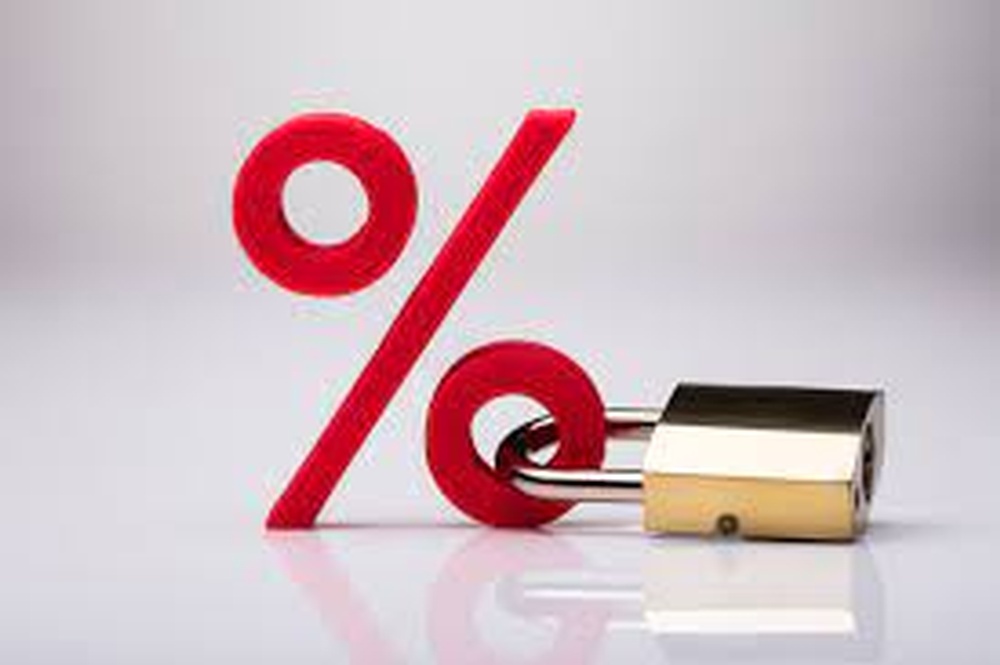Should I lock in my mortgage rate, or should I stay with my variable rate?

This is a great question, and is on the minds of many mortgage holders. The answer is not so simple and may not have such a simple answer as “Yes” or “No”. Let’s analyze what may be involved in this decision. The best decision will be the one that you can live with and be comfortable with.
The Mental Game:
First, this decision may affect your personal well being and the ability to sleep at night. If you are not a risk adverse person then you may not be able to handle all the media coverage, all the “Experts” making predictions and all the doom and gloom opinions that are out there. These experts have been saying that we are in a Real Estate bubble for the last 15 or more years, yet the prices keep rising. Yes, there are ups and downs, but you are not selling your property every day, these gains and losses are only on paper.
Bottom line, if the interest rate talk is causing you mental discomfort and you are in a variable rate mortgage, maybe you should just lock into a fixed rate so you at least know what your interest rate will be for say 5 years. You can also opt for a variable rate mortgage where your monthly payment does not change with interest rate increases or decreases. Only the portion of interest payable changes in the actual payment. This way your payment will not change, which may make you feel more comfortable. This decision is personal, and nobody needs to know your business.
The Numbers Game:
If you take a fixed rate mortgage:
- Your interest rate is fixed for the specified term, say 5 years, and will not change.
- If you payoff the mortgage before the end of the term, you will have to pay a penalty which is calculated differently with each bank. This penalty can be excessive if the current rates are lower than the rate that you have. Why is this? This is because you promised the bank a 5-year term at the agreed to interest rate and they want their profit.
- The benefit is that the rate is fixed. The Con is that you may be paying more than the market.
If you take a Variable Rate mortgage:
- Your interest rate is tied to the Bank of Canada (BOC) overnight interest rate. The Lenders base their Prime lending rate based on the BOC rate. Your interest rate is tied to the Lender’s Prime lending rate. Your rate may be Prime or Prime minus 1.00% for example. If the Prime rate is 3.2% and you have Prime minus 1.00%, then your interest rate is 2.2%, for example.
- The BOC meets 8 times per year and decides if they will increase, decrease or have no change to their rate.
- Some variable rate mortgages will increase or decrease the mortgage payment based on the Prime lending rate. This can be stressful for some mortgage holders as their mortgage payment will change and may cause difficulty with their budget. This is called an Adjustable-Rate Mortgage (ARM) and should be explained to you before you agree to this type of mortgage.
- You may opt for a (VRM) Variable Rate Mortgage. This type of mortgage will not increase or decrease your mortgage payment but will simply change the amount of interest and principal amounts that are within your payment. If the interest rate rises, more of the payment is allocated to interest and less to principle. Some mortgage holders like this as the payment does not fluctuate and so it is easier on their budgets.
- The benefit is that the interest rate is tied more with the current market and if you payoff the mortgage early in your committed term, there is generally only a 3-month interest charge penalty. Much more flexible.
- The Con is that the interest rate may rise and affect your interest payable.
The actual interest charged does not increase the payment as much as some people think. The market is something that we cannot control, and nobody really has the answer to the future.
Your home should be a happy place to enjoy and make memories.
Reach out to us for a N/C mortgage check up and assessment. We will provide you with all the information that you will need to make Your decision.